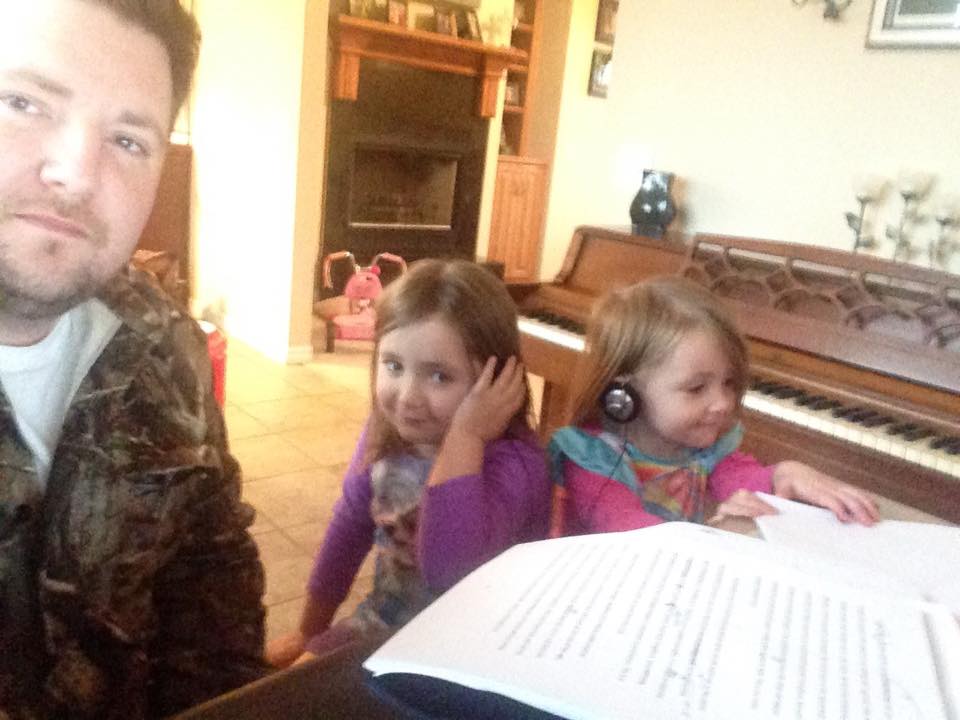
Malapropisms — The Insanely Successful Yogi Berra Technique of Humor
Malapropisms “When you come to a fork in the road, take it.” Say what? A malapropism sounds more like a…
November 24, 2016
Malapropisms “When you come to a fork in the road, take it.” Say what? A malapropism sounds more like a…
November 24, 2016
Need a bit of insight as you ready the pen or laptop today? Consider the following from one of…
November 23, 2016
The carbine was still jammed and Jim couldn’t do anything to fix it. He finally tossed it aside and…
November 9, 2016
Earlier this week I wrote a post for my own blog and was reminded about two things: the difference…
October 18, 2016
The murmur of countless alien tongues subsided as the chairman of the interstellar council called for order. The delegates…
October 11, 2016
Save money. Learn theology. Become a better writer. Minister more effective. That’s my hope for you. In this second…
October 10, 2016
Save money. Learn theology. Become a better writer. Minister more effective. That’s my hope for you. In this second…
September 12, 2016
When building a writer platform, few of us consider hiring a virtual assistant, or VA. Most of us are…
September 3, 2016
Save money. Learn theology. Become a better writer. Minister more effective. That’s my hope for you. In this…
August 9, 2016
Save money. Learn theology. Become a better writer. Minister more effective. That’s my hope for you. In this second…
July 24, 2016
Thou Shalt write with humor. But how? By following these two commandments from humor author James N. Watkins: I. Thou Shalt…
June 27, 2016
I am writing this article and you are reading it because we enjoy or at least are comfortable writing.…
June 25, 2016A writing acquaintance of mine recently posted about her disdain of the comma splice, more importantly, the proliferation of…
June 23, 2016
As a Christian writer in your life or in your writing it is not merely about what you want…
May 21, 2016
The title of this post sounds ridiculous I know. I’m sure this article will get flagged by the A3…
April 21, 2016
Like me you are probably trying to build a support team for your writing — a reading group, a…
March 26, 2016
We’re continuing to examine words that are used incorrectly. Enthused/Enthusiastic—Although enthused has become acceptable in standard usage, old school…
March 12, 2016
For most writers, our passion to write was birthed from a passion to read. We grew up immersed in…
March 10, 2016
Adding humor to any type of writing is as easy as 1 – 2 – 3. Not 1 –…
March 8, 2016
I work like a mad scientist. When I am working on a writing project I am all in —…
February 8, 2016
One of these things is not like the other. One of these things just doesn’t belong . . .…
February 2, 2016
Christian nonfiction writers receive all the credit for being the biblical and spiritual teachers. If we want to learn…
January 20, 2016
So God has called you to write. You have a “writing calling”. He has burdened your heart to share…
December 22, 2015
In my last post, How Humor Helps When Writing About Sensitive Topics, I explained how working humor into the…
December 19, 2015
“Daddy are there potties in Heaven?” My two-year old daughter asked when the subject of Heaven came up. She…
November 8, 2015